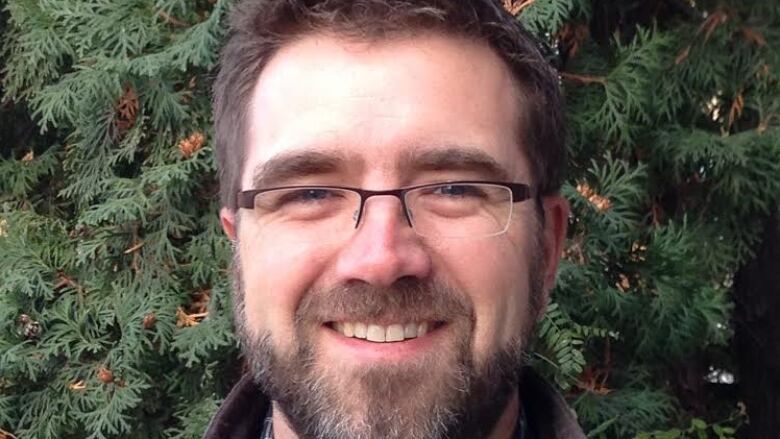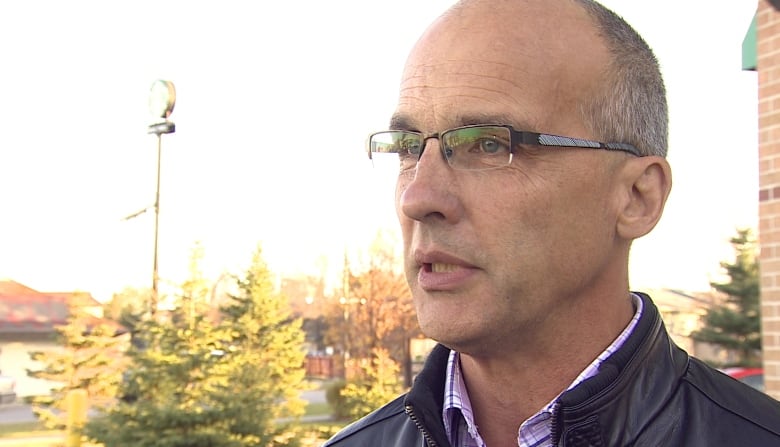Conservatives not muzzling scientists? Experimental Lakes researcher disagrees
Michael Rennie cites high-profile examples involving federal researchers

Winnipeg South Conservative candidateGordon Giesbrechtdenies that federal scientists are being muzzled by thegovernment, but Experimental Lakes Area researcher Michael Rennie begs to differ.
When asked on Wednesdayto respond to allegations that StephenHarper's Conservativegovernment has muzzled scientists,Giesbrecht said he hasonly heard "I know a guy who said this" and added,"I've never had someone bring me a specific example."
But Rennie, an assistant professor at Lakehead University in Thunder Bay, Ont., says he knows of several examples including the high-profile case of Kristi Miller, a Department of Fisheries and Oceans scientistwho said the federal government prevented her from talking about her research into the 2009 sockeye salmon collapse in British Columbia.
Miller's research focused on the decline of salmon stocks. She was the lead author on an article in the journal Science that suggested the drop in numbers of sockeye salmon in B.C.'s Fraser River might be due to a viral infection.
However, Miller has said she believes senior officials close to the prime minister prevented her from talking to the media.
Rennie also cites the case of federal scientist Max Bothwell.
In 2014,a request from The Canadian Press to speak to Bothwell for an article about his research expertise never resulted in an interview. What it did produce was 110 pages of emails to and from 16 different federal government communications operatives, according to documents obtained using access to information legislation.
In one of the emails,David Boerner, director general for water science and technology in the ministry,wrote,"CP asked to interview Max today but media relations is negotiating that to buy us more time.Thanks!"
In a 2013 survey by the Professional Institute of the Public Service of Canada, hundreds of federal government scientists said they had been asked to exclude or alter information for non-scientific reasons, and thousands said they had been prevented from responding to the media or the public.
Had to pass requests to communications staff
Rennie said thatas a federal scientist at the ELA, he was contacted by several reporters about his researchand had to pass them off to communications co-ordinators.
"Ninety-nineper cent of the time, that was the end [of the request]," Rennie said.

Giesbrecht also stated this week that federal scientists are "encouraged to publish" in scientific journals.
"A scientist's number one way to speak to the public and anyone else is through publication,"Giesbrecht said.
But Rennie argues that publishing in scientific journals is not communicating with the public.
"You can't say,'Scientists are publishing and that's good enough.' Do you read Nature or Science?" he said.
Rennieagreed that popular science programs like CBC's Quirks and Quarks do fill a role in translating scientific journal articles in a way the public can consume, but he added that without the primary researcher's input, there's a good chance journalists will get it wrong.
"You might be reading more or less into the study than what is there," Rennie said.
With files from the CBC's Leif Larsen and The Canadian Press












_(720p).jpg)


 OFFICIAL HD MUSIC VIDEO.jpg)
.jpg)



























































































